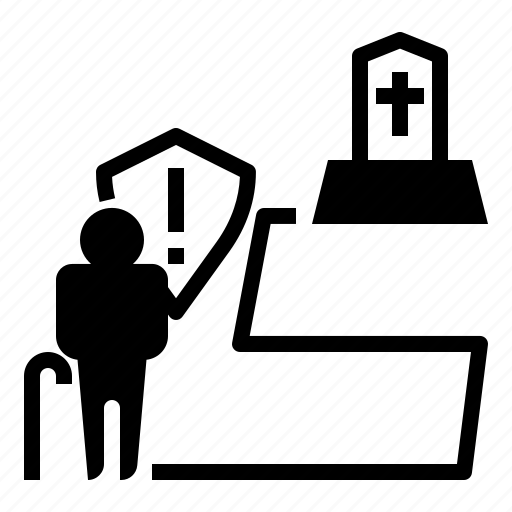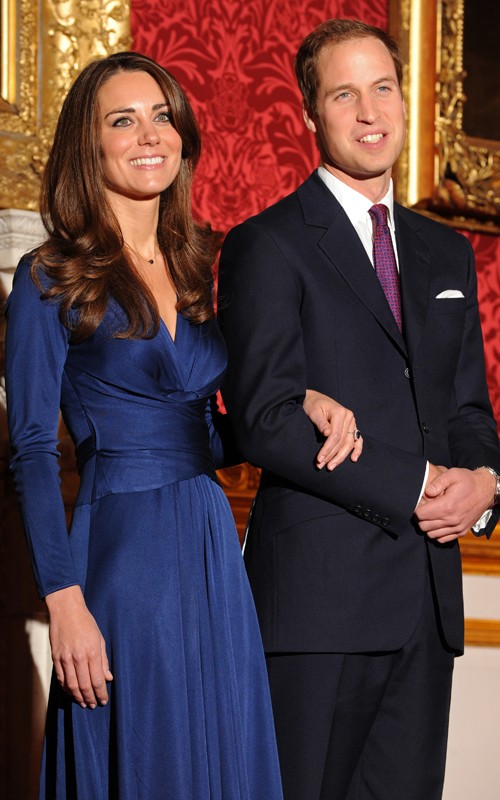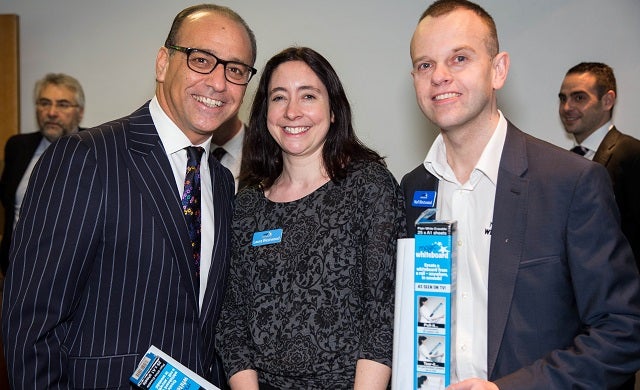Is Age Just A Number? How Perception Shapes Experience

Table of Contents
Societal Expectations and Ageism
Ageism, the prejudice or discrimination based on age, profoundly impacts how we experience aging. Negative stereotypes often portray older adults as frail, incompetent, or burdensome. These ageist attitudes permeate various aspects of life:
-
Workplace: Older workers may face age discrimination in hiring, promotions, and even retention, despite their valuable experience and skills. Forced retirement and age-related biases in performance evaluations are common issues.
-
Relationships: Societal norms can subtly diminish the value placed on older adults' relationships, leading to social isolation and a sense of decreased relevance.
-
Healthcare: Ageism in healthcare can manifest as inadequate attention to the unique needs of older patients, overlooking symptoms or dismissing their concerns as simply "part of aging."
-
Negative stereotypes affect self-esteem and limit opportunities, impacting everything from career prospects to social interactions.
-
Positive stereotypes, such as the "wise elder," while seemingly complimentary, can be equally limiting, creating unrealistic expectations and stifling individual expression.
-
Media's portrayal of aging significantly contributes to ageist attitudes, often reinforcing negative stereotypes and underrepresenting the vitality and contributions of older adults.
Combatting ageism requires challenging these deeply ingrained biases through education, advocacy, and promoting age-positive representations in media and public discourse. We must celebrate the diversity and contributions of individuals of all ages.
The Power of Self-Perception and Mindset
Our beliefs about aging significantly impact our physical and mental well-being. A positive mindset can foster resilience, promoting a healthier and more fulfilling life as we age.
- Self-efficacy, the belief in one's ability to succeed, is crucial for maintaining independence and vitality. A strong sense of self-efficacy empowers individuals to take control of their health and well-being.
- Focusing on strengths and accomplishments rather than dwelling on limitations promotes self-acceptance and enhances self-esteem. Remembering past successes builds confidence and encourages continued growth.
- Continuous learning and personal growth contribute significantly to a positive self-image and prevent the stagnation that can sometimes be associated with societal views of aging. Learning new skills keeps the mind sharp and fosters a sense of purpose.
Techniques like meditation, mindfulness practices, and positive self-talk are powerful tools for cultivating a positive mindset about aging. These practices promote emotional regulation, stress reduction, and a greater appreciation for life's journey.
Biological Factors and Aging: Reality vs. Perception
While the biological realities of aging are undeniable, the rate and extent of physical decline vary significantly among individuals. Lifestyle choices play a crucial role in healthy aging:
- Debunking myths about aging: Many misconceptions surround aging, such as inevitable cognitive decline or physical frailty. Regular exercise, a balanced diet, and stress management can mitigate many of the negative effects of aging.
- Preventative healthcare and regular checkups are essential for early detection and management of age-related health issues. Proactive health management significantly impacts quality of life.
- Brain plasticity: The brain's ability to adapt and learn throughout life is a remarkable testament to the potential for continued growth and development, regardless of age.
Managing biological factors through healthy lifestyle choices significantly influences the perception of aging. By prioritizing well-being, we can actively shape our experience of aging in a positive way.
Reframing Age: Celebrating Life's Stages
Age is a journey, not a destination. Each life stage presents unique opportunities and joys:
- Shifting priorities and values: As we age, our priorities often evolve. This shift can lead to greater self-awareness, a deeper understanding of personal values, and a renewed sense of purpose.
- Finding meaning and purpose in later life: Contributing to society, pursuing passions, and building meaningful connections provide a sense of purpose that enriches our lives at any age.
- Social connections and community involvement: Maintaining strong social bonds and actively participating in community life combats social isolation and promotes well-being.
Embracing each stage with its unique challenges and rewards allows us to live a richer, more fulfilling life. We must actively challenge the negative narratives surrounding aging and celebrate the ongoing journey of life.
Is Age Just a Number? Embracing the Journey
In conclusion, the experience of aging is profoundly shaped by our individual and societal perceptions. Ageism negatively impacts well-being, but a positive self-perception and proactive lifestyle choices can significantly improve our experience. By challenging ageist attitudes and embracing a holistic approach to well-being, we can redefine what it means to age gracefully. Let's redefine what it means to age gracefully and embrace the journey – because is age just a number? Yes, it can be, if we choose to make it so!

Featured Posts
-
 Aprovecha Clases De Boxeo Edomex Inscripcion Cierra En 3 Dias
May 01, 2025
Aprovecha Clases De Boxeo Edomex Inscripcion Cierra En 3 Dias
May 01, 2025 -
 Trtyb Alhdafyn Fy Aldwry Alinjlyzy Haland Ytsdr Bed Hdfh Dd Twtnham
May 01, 2025
Trtyb Alhdafyn Fy Aldwry Alinjlyzy Haland Ytsdr Bed Hdfh Dd Twtnham
May 01, 2025 -
 Northumberland Man Sets Sail Building And Sailing A Boat Around The World
May 01, 2025
Northumberland Man Sets Sail Building And Sailing A Boat Around The World
May 01, 2025 -
 Michael Jordans Quick Facts A Concise Biography
May 01, 2025
Michael Jordans Quick Facts A Concise Biography
May 01, 2025 -
 Dallas Icon Passes Away At Age 100
May 01, 2025
Dallas Icon Passes Away At Age 100
May 01, 2025
Latest Posts
-
 Targets Dei U Turn Understanding The Business Risks Of Shifting Social Responsibility Strategies
May 01, 2025
Targets Dei U Turn Understanding The Business Risks Of Shifting Social Responsibility Strategies
May 01, 2025 -
 Plant Based Dog Food Brand Omni Receives Dragons Den Backing
May 01, 2025
Plant Based Dog Food Brand Omni Receives Dragons Den Backing
May 01, 2025 -
 New Partnership Announced For Prince William And Kates Initiative
May 01, 2025
New Partnership Announced For Prince William And Kates Initiative
May 01, 2025 -
 Little Coffee A Dragons Den Success Story Four Investment Offers
May 01, 2025
Little Coffee A Dragons Den Success Story Four Investment Offers
May 01, 2025 -
 Analyzing The Target Boycott The Relationship Between Dei Initiatives And Consumer Loyalty
May 01, 2025
Analyzing The Target Boycott The Relationship Between Dei Initiatives And Consumer Loyalty
May 01, 2025
